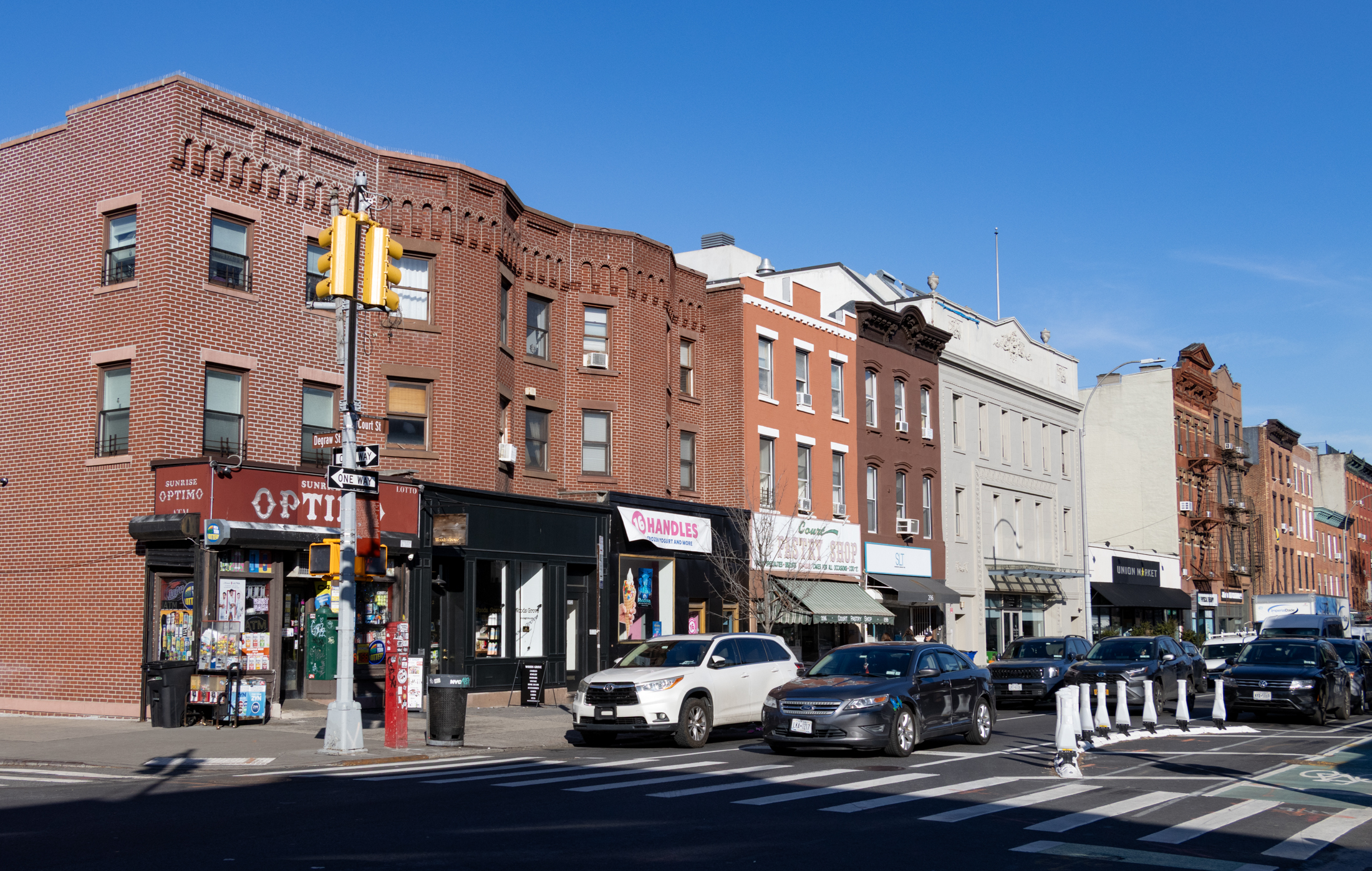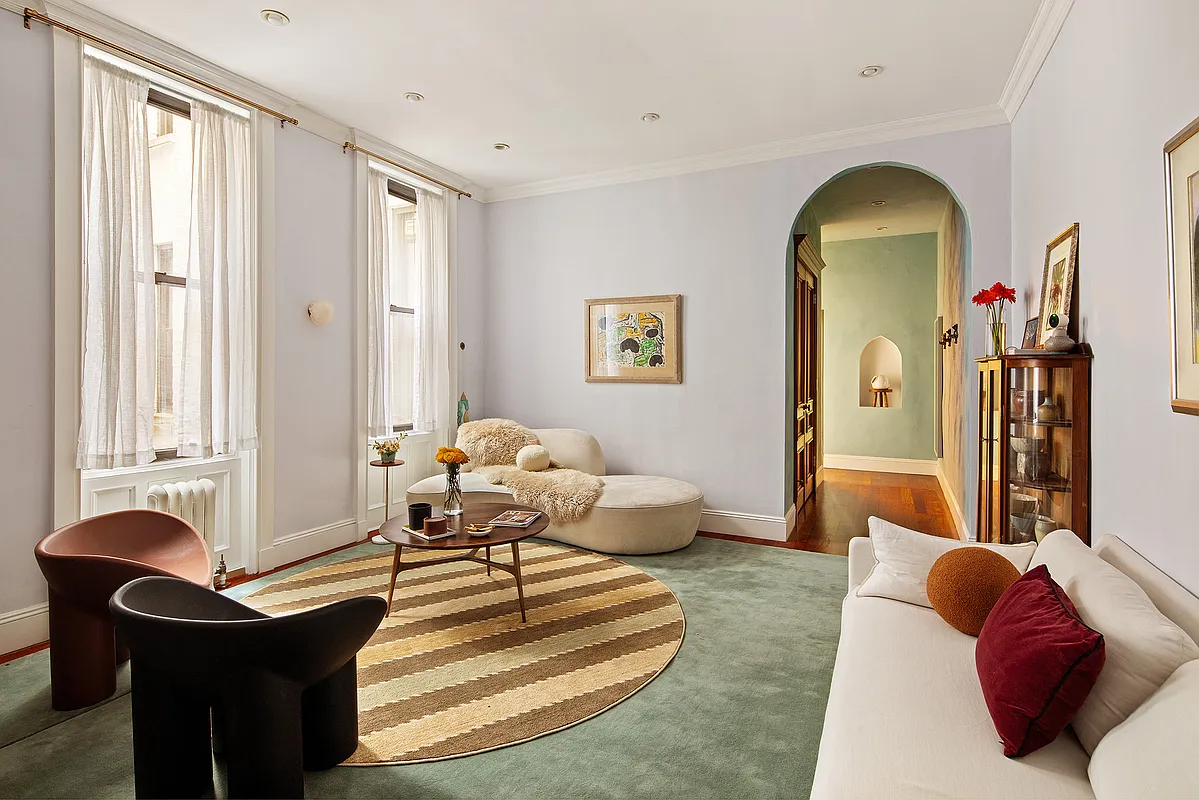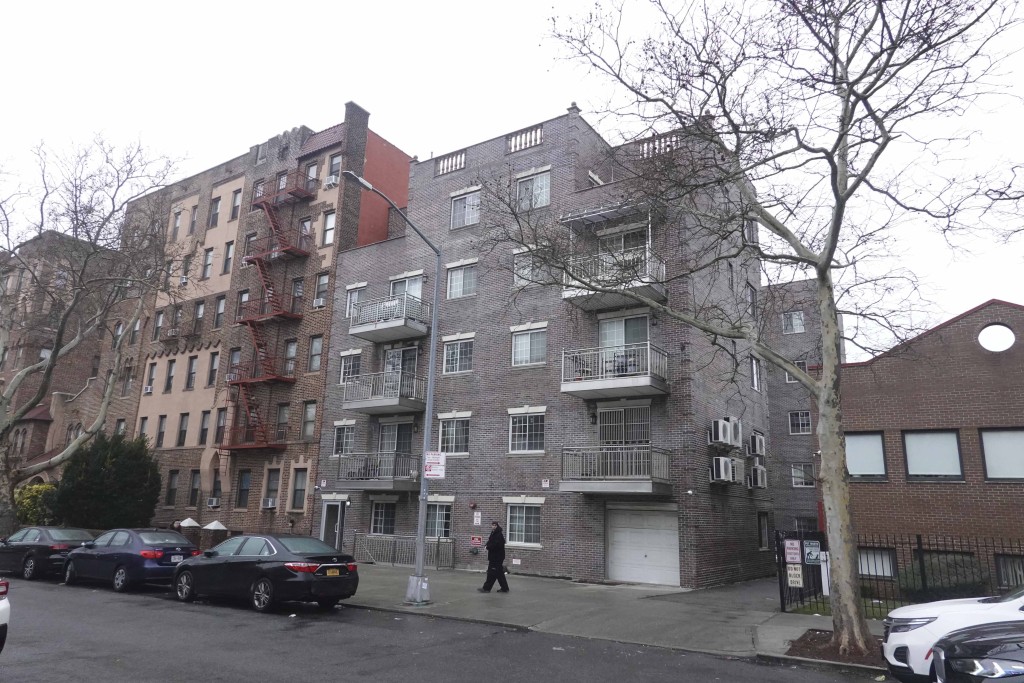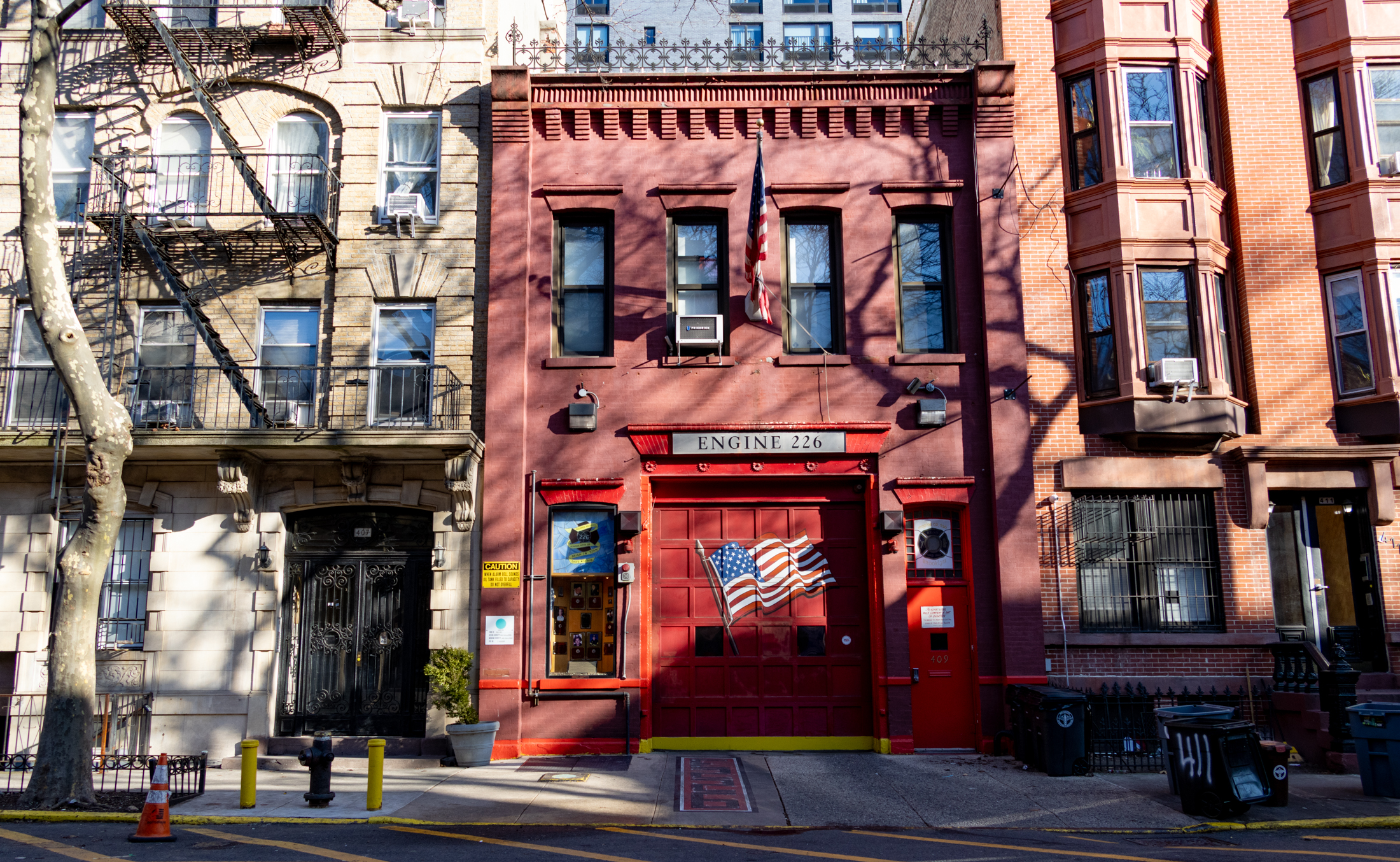New Rules for First-time Home Buyers
The New York Times this weekend joined throngs of other analysts and media outlets in pointing out that there are multiple culprits to the financial collapse that is now a year old—and that we, in addition to bankers and brokers or lax government officials, are partly to blame. People had fallen into the habit of…

 The New York Times this weekend joined throngs of other analysts and media outlets in pointing out that there are multiple culprits to the financial collapse that is now a year old—and that we, in addition to bankers and brokers or lax government officials, are partly to blame. People had fallen into the habit of stretching their finances to buy as much house as possible for their first-time buy, the Times says, and the paper offers seven new rules of buying to replace this and other unreliable maxims of real estate. It begins with the basics—put 20 percent down, get a fixed-rate mortgage, and don’t spend more than 35 percent of your pretax income on your mortgage, property tax, and home insurance—and continues with more detailed advice such as mapping out your expenses and forecasting your future income. It’s more than we can reproduce here, but the full article is worth a read.
The New York Times this weekend joined throngs of other analysts and media outlets in pointing out that there are multiple culprits to the financial collapse that is now a year old—and that we, in addition to bankers and brokers or lax government officials, are partly to blame. People had fallen into the habit of stretching their finances to buy as much house as possible for their first-time buy, the Times says, and the paper offers seven new rules of buying to replace this and other unreliable maxims of real estate. It begins with the basics—put 20 percent down, get a fixed-rate mortgage, and don’t spend more than 35 percent of your pretax income on your mortgage, property tax, and home insurance—and continues with more detailed advice such as mapping out your expenses and forecasting your future income. It’s more than we can reproduce here, but the full article is worth a read.
Seven New Rules for the First-Time Home Buyer [NY Times]
Photo by triada53





So we’re all agreed? Prices need to halve!!!!!
I hate to say this because it’s a bitter pill but it’s about sacrificing for the end goal. I worked harder, saved harder and waited longer to get what I wanted.
I set up a separate bank account to which money got automatically deposited in each paycheck. I lived in much cheaper apartments in not as cool neighborhoods. I didn’t go berserkers to have the latest coolest anything. If I came into any extra money (tax returns etc.) it went straight into the “house fund”. I never carried any debt. I adds up.
Even in doing everything ‘right’ it took me until my mid thirties to be able to (combined with my husband who had also been saving the same way before we ever met) get that 20% down for our dream which was a historical row house. We also had to come to terms with the fact that it wasn’t going to happen for us in Park Slope or even Brooklyn for that matter. We had to hop to Jersey City to make it affordable enough to happen.
It’s possible but you have to sacrifice a lot and be realistic about what you can HONESTLY afford.
Flatbushrising- I couldn’t agree more with everything you said @ 11:14.
Joe: Why do we do it? So that one day we can stop paying rent (mortgage payments) and just have to contend with taxes and maintenance. I don’t want to be paying rent when I’m in my 70’s. If I break even in the end when/if I sell it, it was worth it.
flatbush: you can’t teach common sense in schools.
chmomma: for 150 down you can afford 750K – I don’t understand the problem. try Midwood, which has a great high school. Bay Ridge? There are TONS of options. Or what’s wrong with forest hills? who needs brooklyn. NYC IS affordable. you guys are all too focused on park slope and places like that.
rob: you and your friends probably have jobs in enjoyable, creative fields. there is a price for that.
peter18: 20% down goes a long way to preventing underwaterness at the Macro level. agreed the personal affordability picture is more about payments.
Lastly, the US is UNIQUE in its culture of homeownership. Why do we all feel that we’re supposed to own homes? I pay 2000/month to rent a place that would require a 4000 payment if I owned it. And now that it’s not “guaranteed” to be worth more in 10 years, I’m not sure why I would ever buy it. why lock yourself down? why do we do this?
Chicken,
A bank or a co-op board might not want to deal with someone who doesn’t have a stake in the property, but the down payment percentage is not indicative of what’s a responsible economic decision for an individual buyer.
quote:
We really need to start teaching finance 101 in middle school because we’re raising generations of people who have no concept of fiscal responsibility.
i SO agree with that statement.
*rob*
Part of the problem is we’ve become a society of ‘have to have’.
When I first started thinking of buying a mortgage broker told me he could get me approved for $100000 more than what I realistically knew I could comfortably afford. I had the brains and financial background to know not to bite, but I’m sure many would have seen granite countertops and stainless steel appliances dancing in their heads and took the bait.
It’s a dual blame – banking for offering unsustainable deals – and an ignorant public that took those deals.
We really need to start teaching finance 101 in middle school because we’re raising generations of people who have no concept of fiscal responsibility.
Rob, maybe they are just telling you that they have no savings so they don’t get hit up for a loan? 😉
Hypothetical question:
Two identical properties. The first one was bought for $500k with $100k down. The second one was bought by a savvier buyer for $400k with no money down.
Is the first apartment a “safer” risk for the bank because the first buyer has skin in the game?
I would bet even generation and 2 ago…most houses were not bought with 20% down. 10% closer to it.
Don’t forget FHA, veterans, etc, etc, etc. Fixed rate yes.
Strict guidelines, and none of that repackaging scheme.